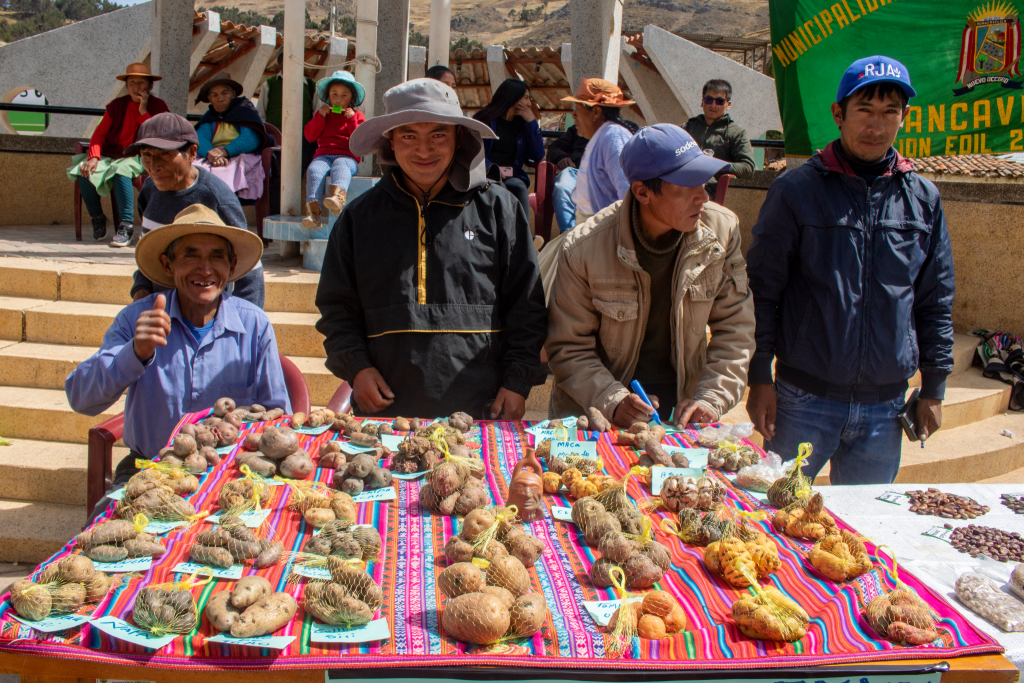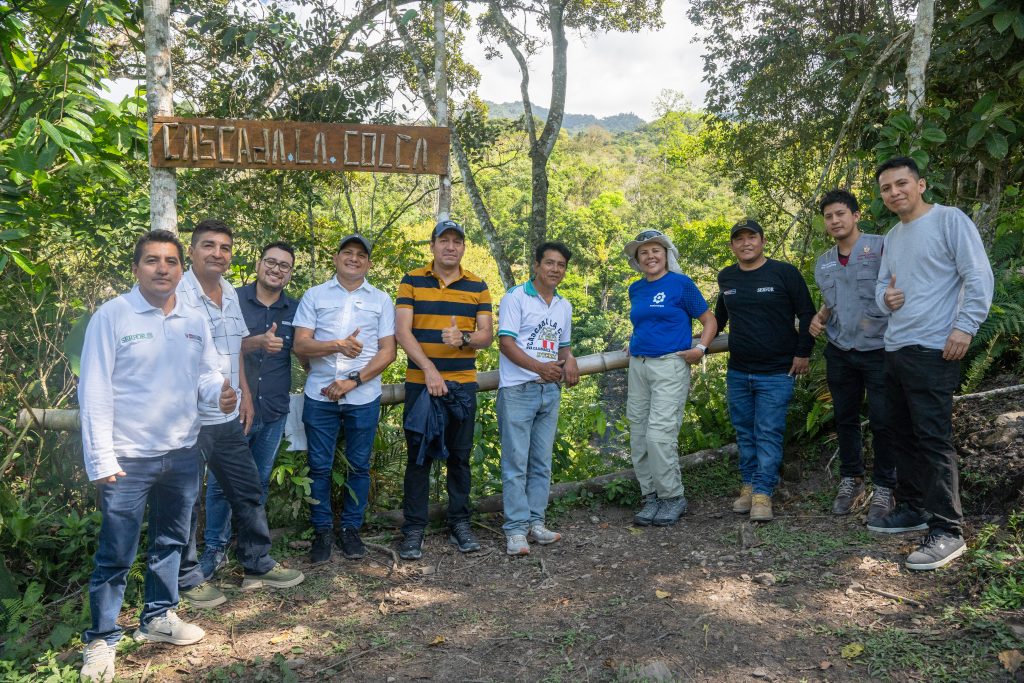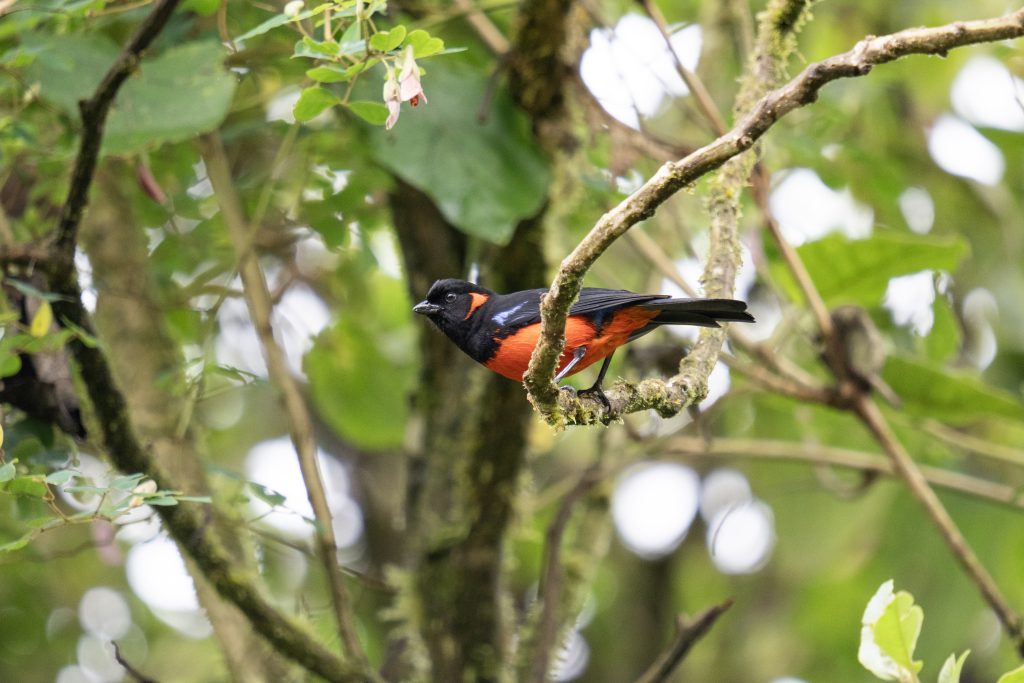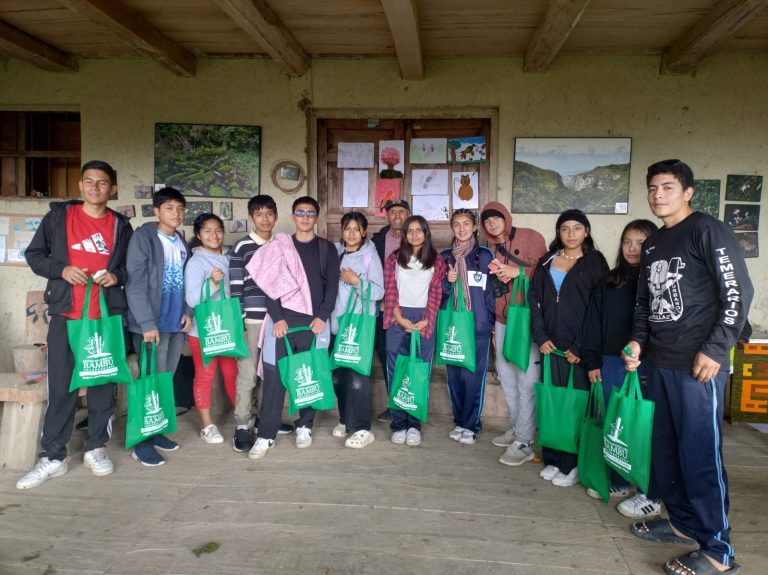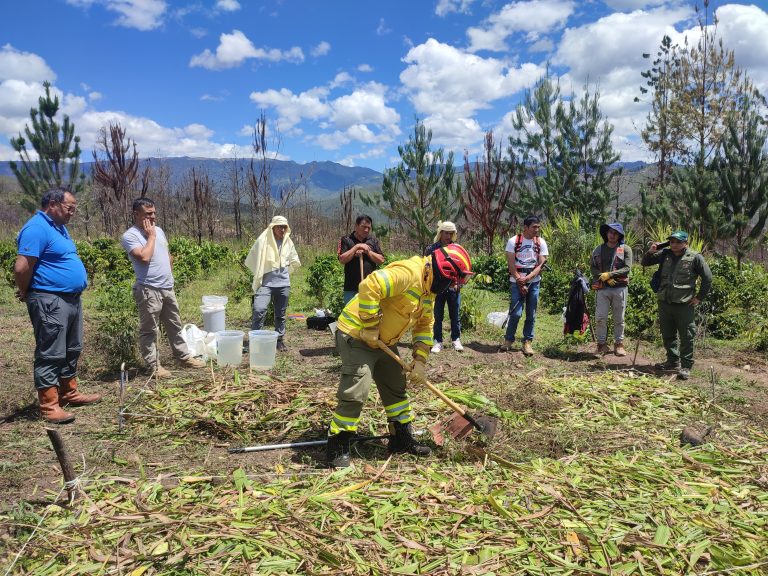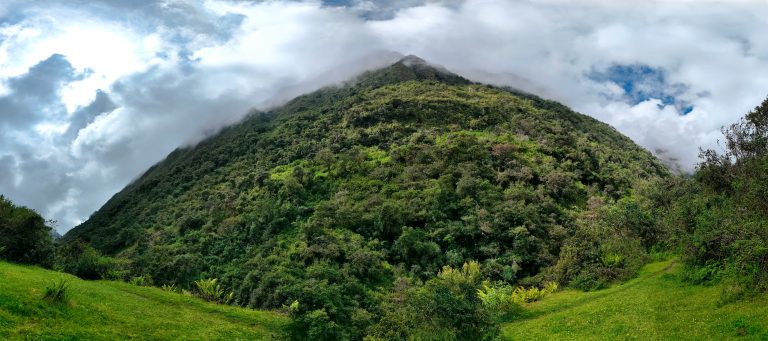In the Plaza de Armas of the district of Laria, Huancavelica, the third installment of ReSCA payments was made to conservation farmers who managed to recover native agrobiodiversity species during the 2021-2022 agricultural season. In this activity, Laria was also declared the first Agrobiodiversity Zone in the region, in recognition of the work of peasant communities that develop, manage and conserve a great wealth of native resources.
The GEF Agrobiodiversity SIPAM Project, promoted by the Ministry of the Environment (MINAM), the Ministry of Agrarian Development and Irrigation (MIDAGRI), the United Nations World Food and Agriculture Organization (FAO) and Profonanpe, the Environmental Fund of the Peru has been promoting since 2019, in the Huancavelica region, the recovery of crop varieties with a high risk of disappearing, through the Retribution for Agrobiodiversity Conservation Services (ReSCA) mechanism, which turns the farmer into a strategic partner for the conservation and sustainable use of native cultivars.
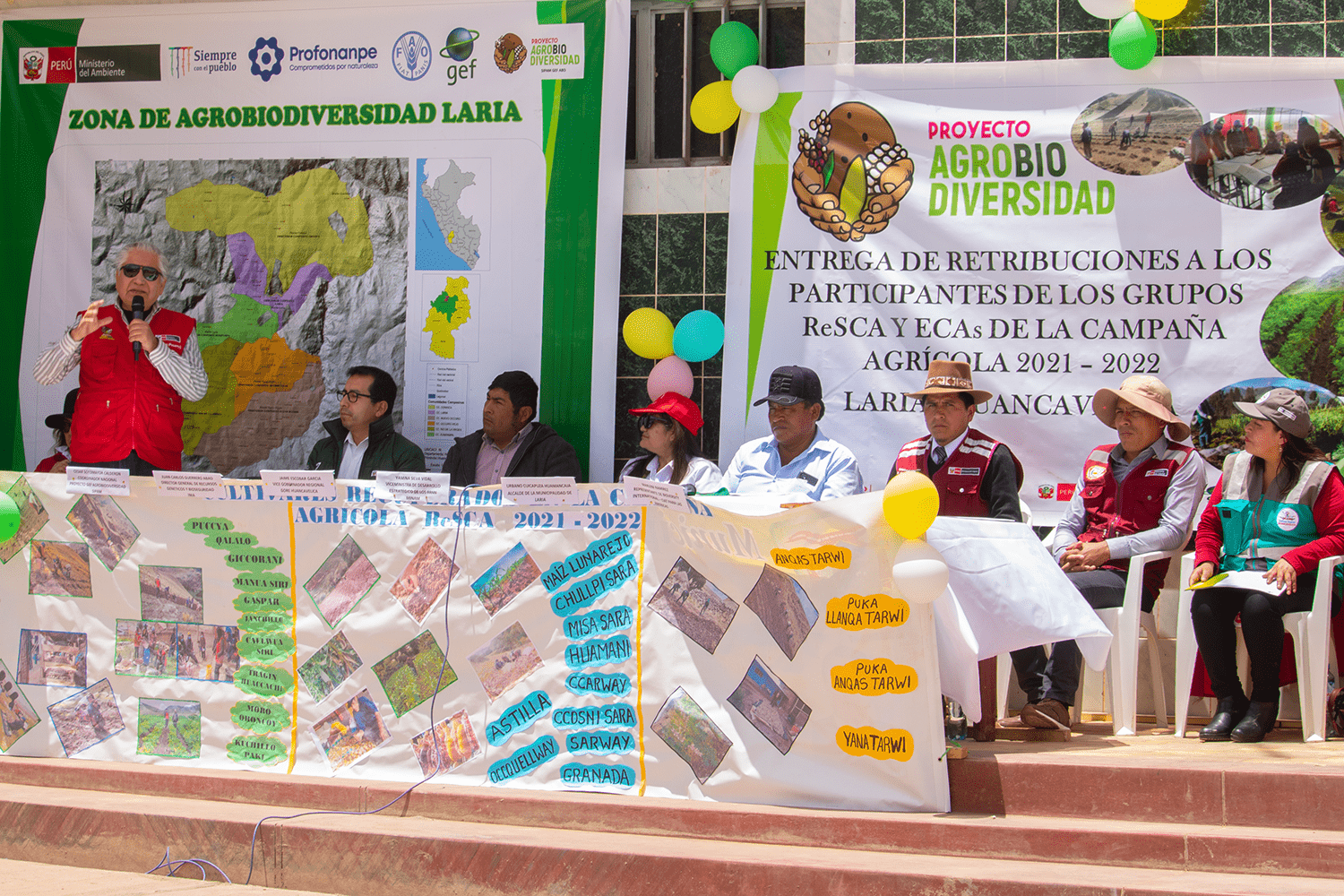
The farmers of the peasant communities of Laria, Zunipampa, San José de Belén, Vista Alegre, Conaica, Occoro Viejo and Nuevo Occoro, received a free choice of wheelbarrows, spray backpacks and hose reels that will be useful for their work in the next agricultural campaigns. The heroes and heroines of conservation recovered potato cultivars such as Kuchillo Paki, Moro Oroncoy, Janchillo, Walalo, among others; corn, such as Misa Sara, Ccarwuay, Astilla, Saruay; and in the cultivation of Tarwi, the Yana Tarwi, Anqas Tari and Puka Anqas Tarwi varieties.
During the ceremony, the declaration of the Laria district as an Agrobiodiversity Zone was also announced. This is the first area declared in the Huancavelica region and the seventh nationwide. Since 2021, the request of the peasant communities of Laria, Zunipampa, Nuevo Occoro, Occoro viejo, Río de la Virgen and Conaica was met to achieve this declaration through coordinated, articulated and participatory work with community members, conservation leaders, authorities local authorities, MINAM, INIA and specialists from the GEF Agrobiodiversity Project GIAHS. In this way, the work of peasant communities is recognized, who develop, manage and conserve a great wealth of native resources, which are the basis of food security for the country and the world.
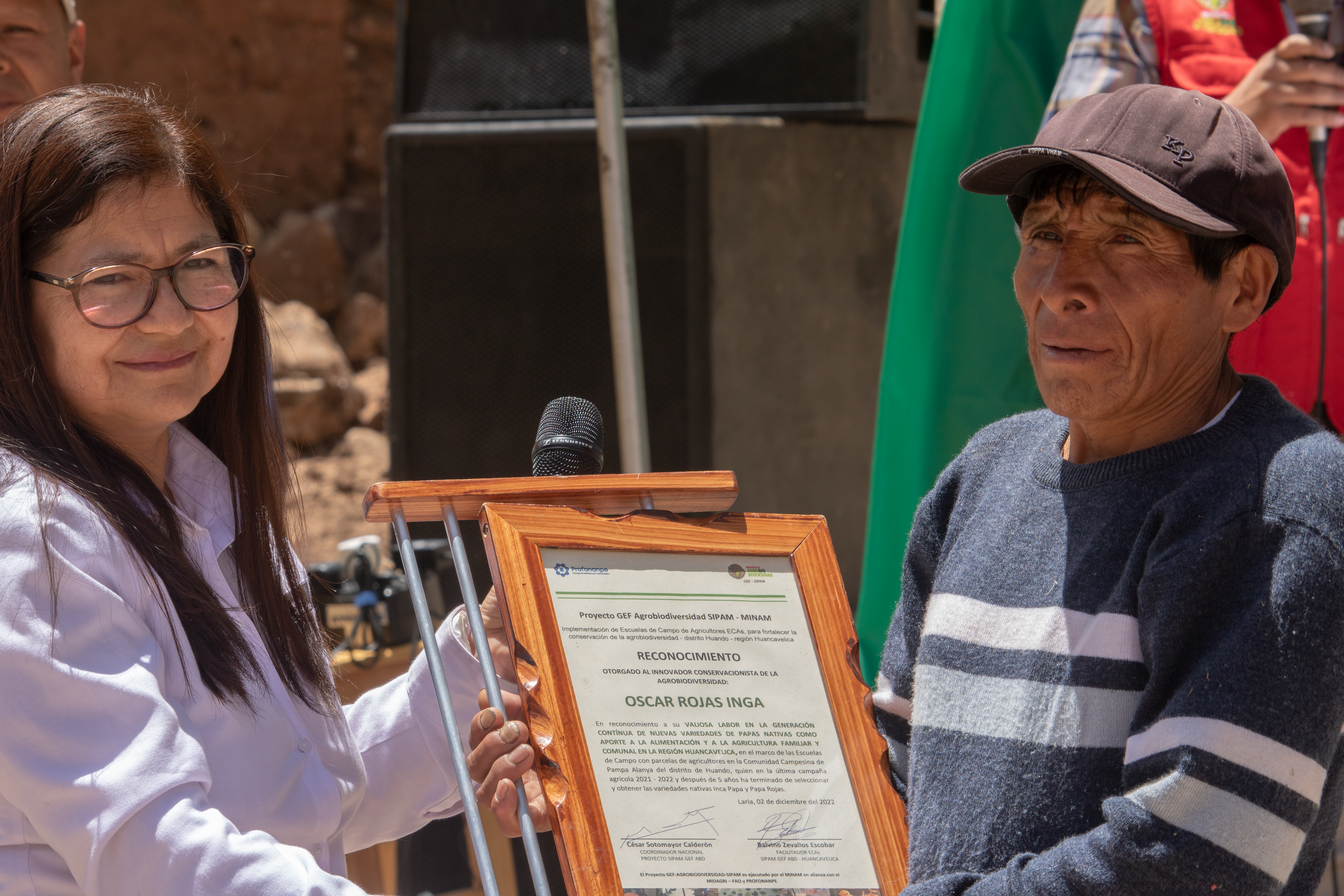
THE DATA:
ReSCA is a compensation mechanism to encourage and revalue the conservation of agrobiodiversity, in a state of vulnerability (decrease or disappearance of varieties and breeds of native crops), through consensual agreements with peasant communities. From 2019 to date, the participation of 337 families from 16 peasant communities has been achieved. This participation was complemented with field schools, managing to provide technical assistance to 800 families from the districts of Laria, Huando, Nuevo Occoro, Conaica and Izcuchaca, in the province of Huancavelica, to improve (innovate) and recover their traditional practices to preserve the agrobiodiversity.
The Laria Agrobiodiversity Zone is the seventh declared nationally and the first in the Huancavelica region. In this Agrobiodiversity Zone there are 355 native potato cultivars, 25 oca, 7 mashua, 13 olluco, 30 broad beans, 6 quinoa, among others.
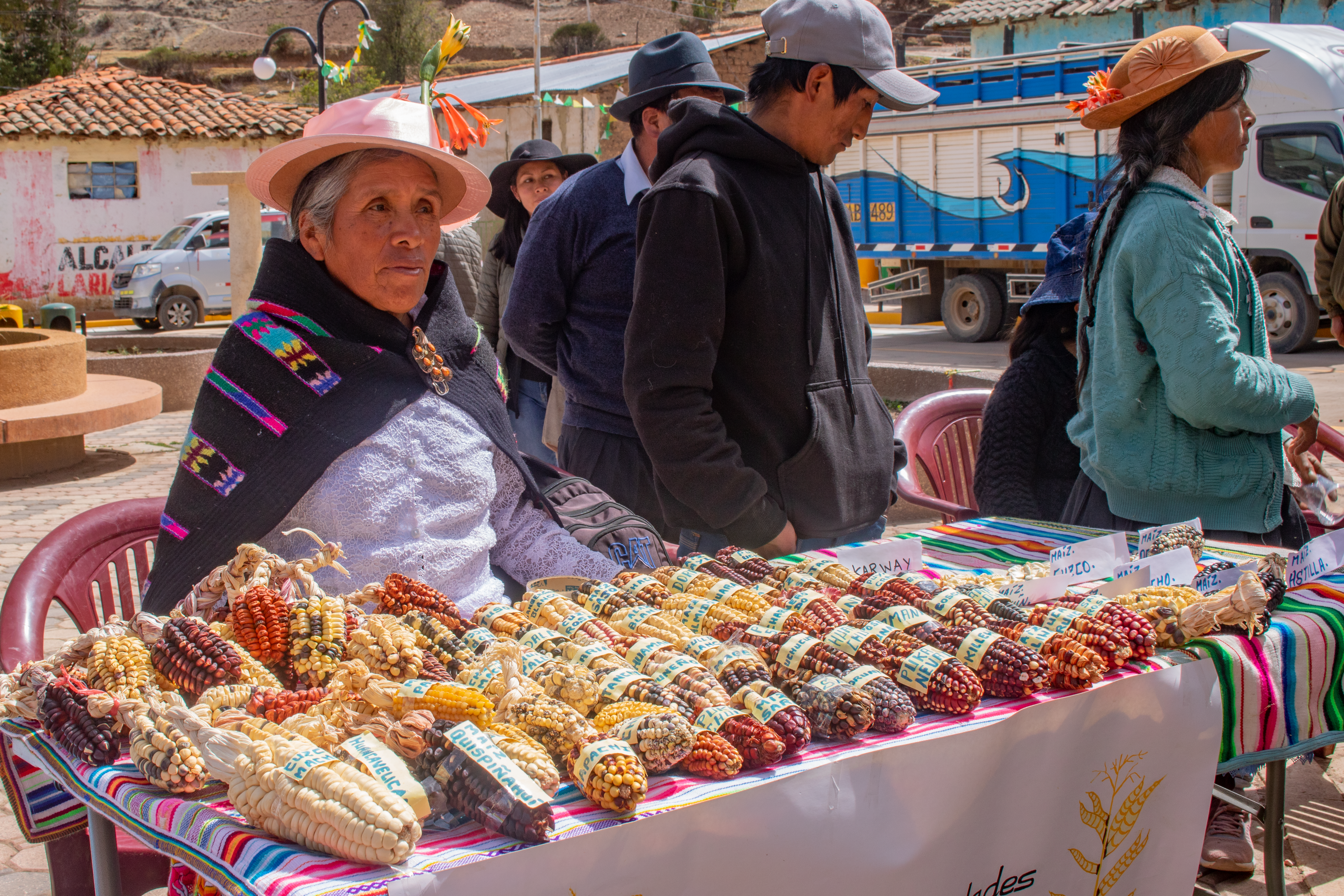
About the GEF Agrobiodiversity SIPAM Project
The GEF Agrobiodiversity SIPAM project seeks to conserve agrobiodiversity in the towns of Acora (Puno), Huayana (Apurimac), Lares (Cusco), Laria (Huancavelica) and Atiquipa (Arequipa), through traditional agriculture systems, integrated forest management , water and land resources; and the maintenance of ecosystem services.
This initiative is financed by the Global Environmental Facility (GEF), executed by the Ministry of the Environment and the Ministry of Agrarian Development and Irrigation, with the implementation of the United Nations World Food and Agriculture Organization. Agriculture (FAO) and the administration of Profonanpe.


